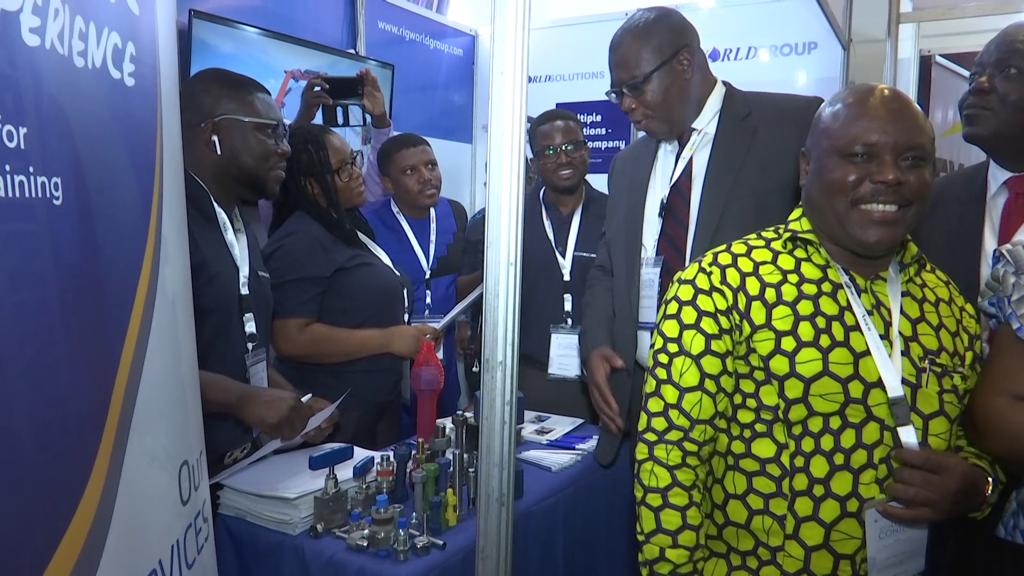
The Chief Executive of the Petroleum Commission, Egbert Faibille, says the commission will from next year in collaboration with other state agencies begin to crack the whip on indigenous Ghanaian oil players who are fronting and by so doing allowing joint-venture partners to break local content laws.
Egbert Failbille said this at the opening of the three-day 2019 Local Content Conference and Exhibition ongimng in Takoradi.
The annual Local Content conference and exhibition by the Petroleum Commission was instituted to annually access the gains and challenges of the 2013 Local Content and Local Participation LI 2204 which came into effect in 2014.
Addressing the 2019 conference which is on the theme, Maximizing In-country Value Addition; the Role of indigenous Ghanaian Companies and Joint-Ventures in the Upstream Petroleum Sector, the Chief Executive of the PC, Egbert Faibille said a lot of gains have been achieved including the approval of 420 million Dollars of contracts with 77 million dollars going to indigenous Ghanaian Companies as well as major gains in the localization.
“I am glad to announce that as at now, we have achieved a localization ratio of over 80% and almost all the major companies have achieved or exceeded their L.I. targets. We will continue to strengthen our monitoring and inspection efforts and partnerships with the Ghana Immigration Service to deepen compliance. We also work with industry players to ensure full compliance with succession and training plans with the ultimate objective of ensuring systematic transfer of knowledge, know-how and technical skills to Ghanaians.”

“This year did not go exactly the way we expected it. Nonetheless, a number of contracts were awarded and executed. The Commission approved contracts at a total value of US$ 420 million. Out of this, about US$77 million went to IGCs. These figures, I must say exclude contracts in respect of Jubilee and TEN Fields being operated by Tullow Ghana Limited.”
The Chief Executive of the Petroleum Commission however said despite the efforts being made by government and the Commission to create opportunities for Ghanaian businesses, the activities of some of the local companies is retrogressing its efforts.
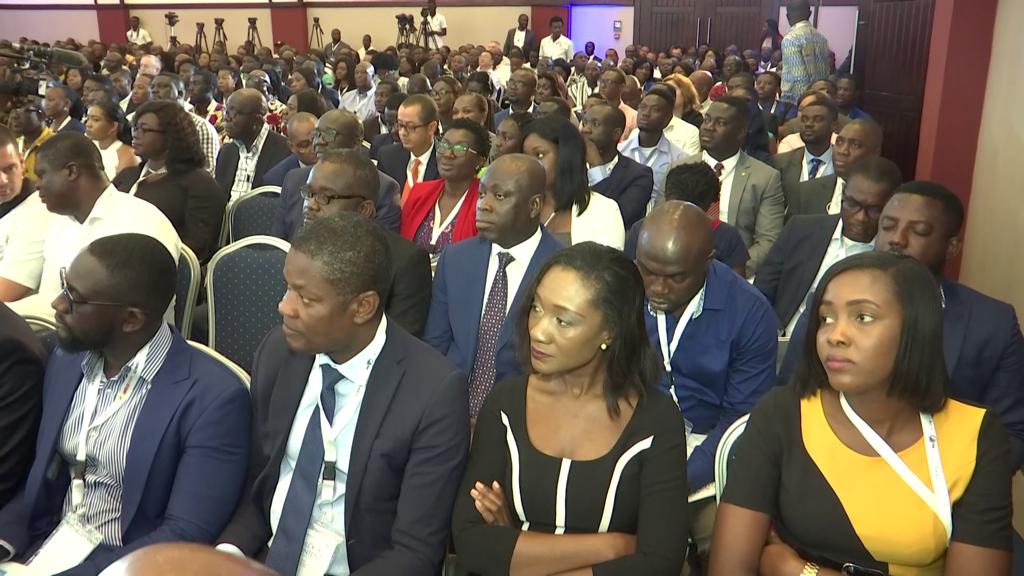
“As a sector regulator, we are aware that about 50% of joint venture arrangements in the upstream services sector are not suitably matched in terms of business objects and capabilities. We are also aware of the countless cases of issues relating to ‘misaligned’ services creating imbalances in most of the existing JV arrangements and thus becoming convenient grounds for what can simply be referred to as fronting.”
“I have to say that this situation is regrettable since it strongly restricts the opportunities for local capacity development and indigenous participation. It is inexcusable and an affront to the Local Content policy objectives and the work of the Commission. Whilst we tirelessly break our backs to implement indigenous participation in the JVs to derive the optimal benefits local business, there are some indigenous companies who are undermining the process by conniving and abetting with some foreign companies to breach our very laws.”
“We used to be at a stage where people thought that the commission was acting helpless in the face of fronting at almost brigandage levels. Through our Monitoring and Evaluation Department, Costs Audit Department as well as our Compliance Department, we have identified most if not all of the strategies that have been used for fronting.”
“The era of fronting is about to end. Beginning next year, the Commission, working with other state actors including the Registrar General’s Department and the Ghana Revenue Authority will begin enforcement of the relevant laws, including tax assessments on the basis of ones equity participation and hence profit sharing, revocation of operating permits and non-issuance of permits to IGCs and their partners proven after thorough investigations to have been engaged in fronting,” he added.
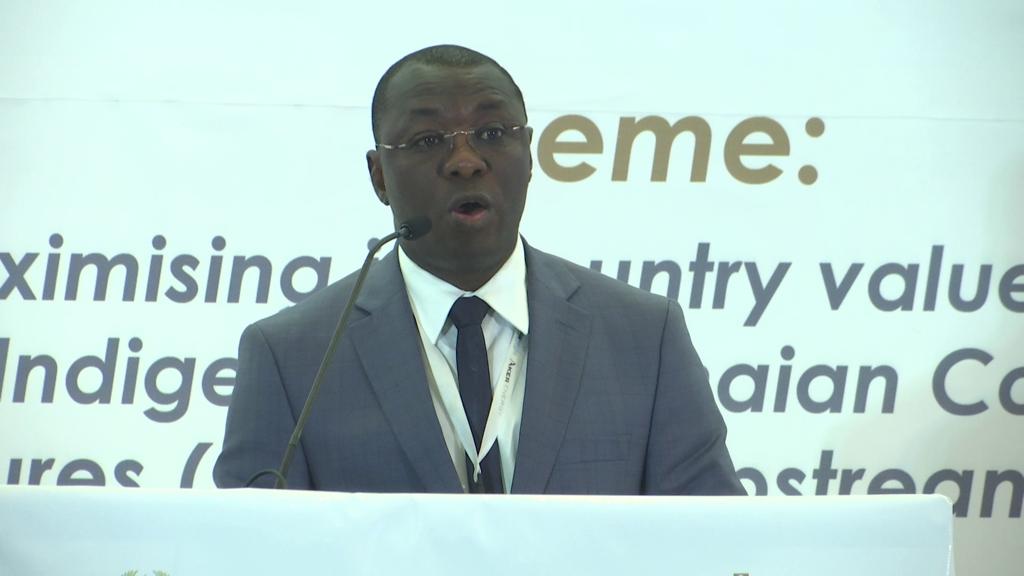
The Deputy Minister of Energy in-charge of Petroleum, Mohammed Amin Adams who opened the 2019 Local Content Exhibition that brought together Petroleum industry players charged the Petroleum Commission to evaluate the likely impact of the African Continental Free-Trade Area on Ghana’s Local Content aspirations.
He however added that government is finalizing proposals to amend the Local Content Law to include what it terms as the warehousing policy.
“We believe that there are successful Ghanaians and Ghanaian entrepreneurs who on their own or through consortium can take credible stake in oil licenses. However, when this is not achievable, there are other ways of fulfilling the indigenous company requirements and licenses. For this reason, government is finalizing proposals for amendments to the Petroleum Local Content and Local Participation regulation, LI 2204, to include what we call the warehousing policy as additional means of meeting local content requirements. What this also means is that we must accelerate the development of the capacity of Ghanaian companies to take their rightful place in oil licenses and oil services.”
The three days Local Content conference will be packed with very insightful discussions and in-depth analysis from various experts in the subject matter areas aimed at contributing to the process of making Ghana, Ghanaians and investors fully satisfied with the ‘spoils’ of the exploitation Ghana’s hydrocarbon resources.
The post Petroleum Commission to crack the whip on fronting in oil sector appeared first on Citinewsroom - Comprehensive News in Ghana, Current Affairs, Business News , Headlines, Ghana Sports, Entertainment, Politics, Articles, Opinions, Viral Content.
Read Full Story

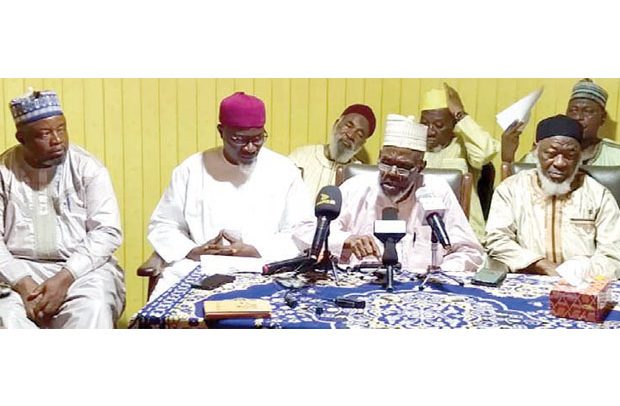

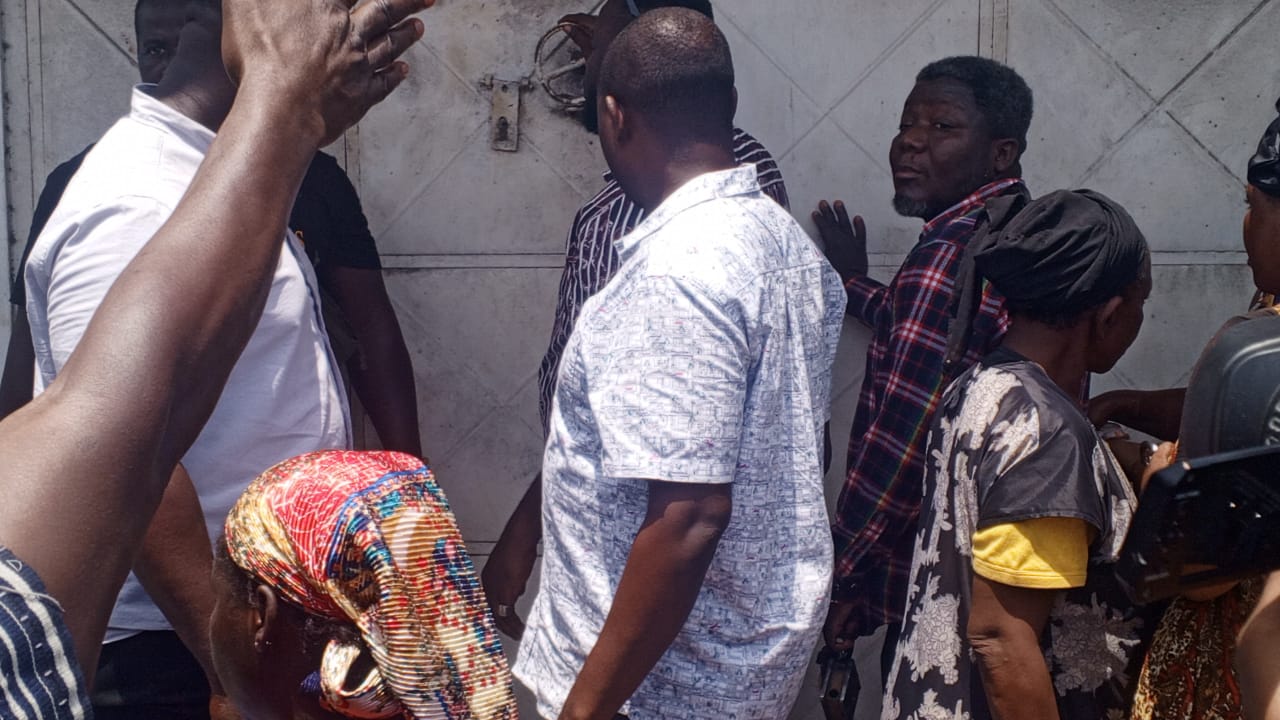

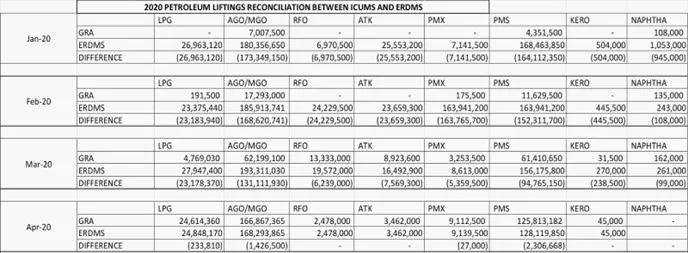
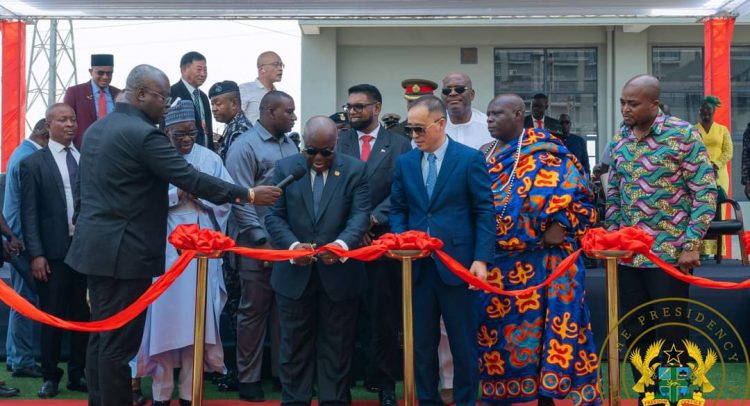















Facebook
Twitter
Pinterest
Instagram
Google+
YouTube
LinkedIn
RSS